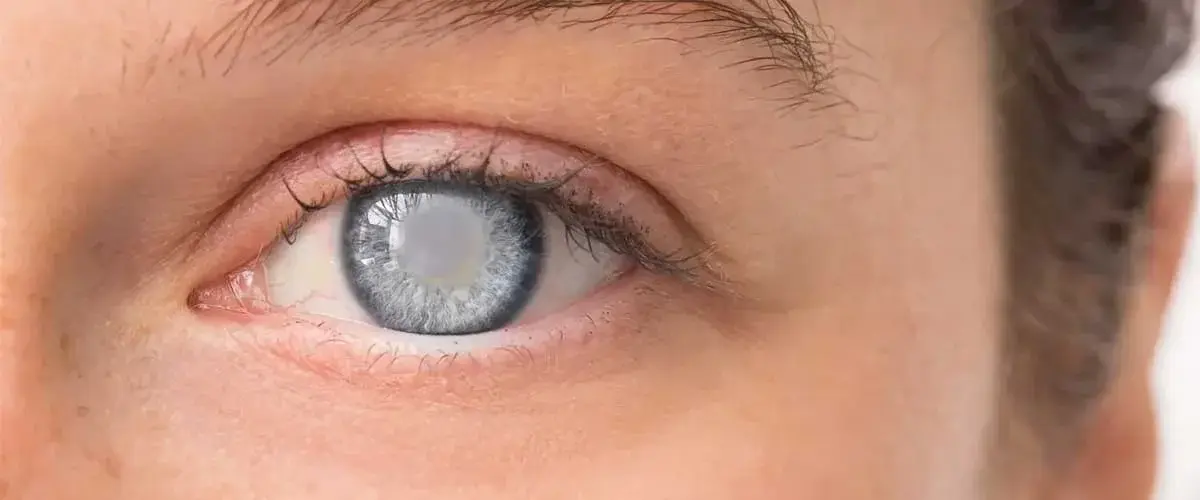

Cataract is a common eye condition that occurs when the eye's natural lens becomes cloudy and loses its transparency, resulting in blurred vision. It typically develops with age but can also be caused by diabetes, eye trauma, or certain medications. The only permanent and effective treatment is surgery. With today’s modern cataract surgeries, patients can regain clear vision in a short time.
Overview of the Treatment
Most commonly seen in individuals aged 60 and above
Common symptoms include blurred vision, light sensitivity, and faded colors
Driving at night becomes difficult in advanced cases
If clear vision cannot be achieved with glasses, surgery is required
Treatment involves removing the cloudy natural lens and replacing it with an artificial one
Options include monofocal, multifocal, or trifocal (smart lens) intraocular lenses
Most patients begin to see clearly the day after surgery
